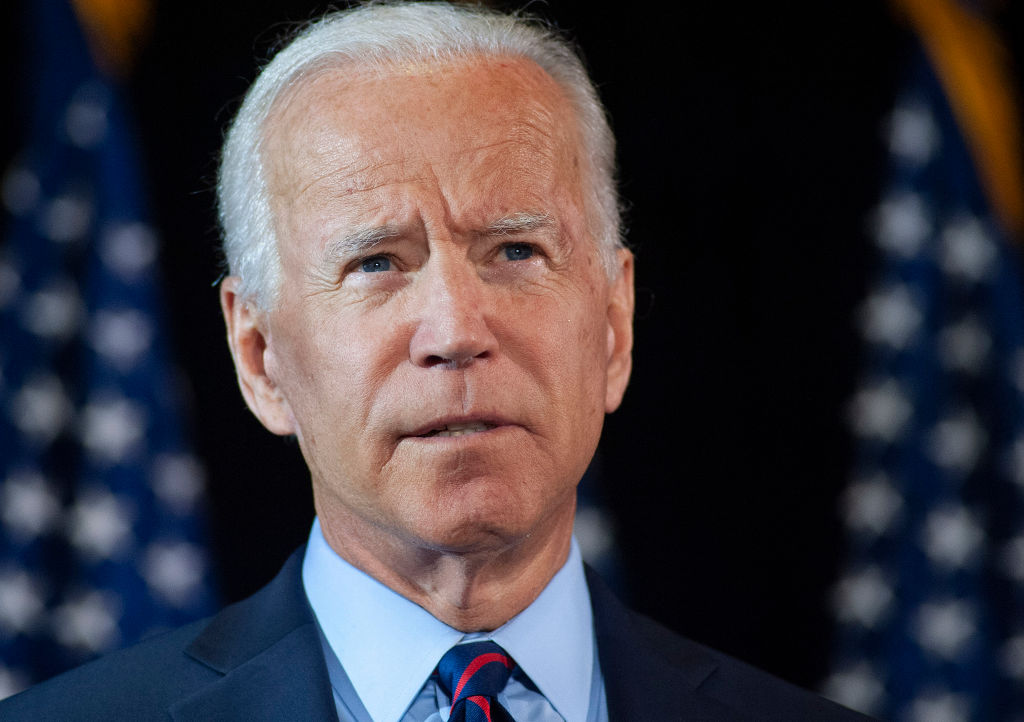While this may not be obvious to the New York Times or the Washington Post, nor certainly for the BBC, Al Jazeera and CNN, India is a functional democracy. It is not the fault of their bete-noire Narendra Modi that Rahul Gandhi has failed to dent the popularity of the Prime Minister, despite a daily stream of epithets aimed in his direction. What assists the Sino-Wahhabi lobby across the world in the task of presenting the world’s most populous democracy as the world’s second-most populous autocracy is the fact that Official India has long sent off confusing signals to the rest of the world about where the polity of the country is anchored. While the invasion of Suez in 1956 by France and Britain (joined by Israel) was correctly condemned as a colonial reflex by Paris and London, the invasion and occupation of Hungary in the same year by the USSR occasioned not a squeak from New Delhi. While the US stepping into the footwear of France in its efforts at preventing the Vietnamese from getting liberated from colonial fetters was condemned, the brutal suppression of freedoms in Czechoslovakia in 1968, again by troops from the USSR, took place without any discernible expression of discomfort from Official India. Apologists have later claimed that “strong” messages were “delivered in private to Moscow on both occasions by New Delhi”. Whether there actually were any expressions of unhappiness at the USSR acting as a colonial power in Hungary and Czechoslovakia is a matter of debate, and the low credibility of the “sarkari” historians of the period cast doubt that such moves took place at all. Small wonder that India’s sudden loss of its international voice during such crises convinced several across the world that the country was not a democracy, when it was. Where external signalling is concerned, India may be termed a democracy reluctant to advertise its democratic credentials in situations where such signalling is needed to show the world that India is not an autocracy but a democracy. Misleading signalling has been converted into an art form by Official India, and a recent example of this is the immediate endorsement by India of the 2022 Beijing Olympics, when at least two of the Quadrilateral Security Dialogue partners had announced diplomatic boycotts, while in Japan those with a bit of spine were (and still are) trying to overcome the considerable influence of those in that country who are in the pocketbooks (sorry, pockets) of the Peoples Republic of China and join Australia and the US in what after all is only a symbolic gesture. Athletes from the US and Australia will compete, but the absence of high officials will rankle in a system that prides itself on having earned the respect of the globe for its success in becoming the second superpower. Should Japan and India be reluctant to advertise their democratic preferences so openly as to join Australia and the US in a diplomatic boycott of the 2022 winter games in Beijing, the minimum they need to do to showcase their faith in democracy as a better system than authoritarianism is to send only their ambassadors to attend the Winter Olympics and not high officials from Tokyo and New Delhi. Should several democracies join the US in a diplomatic boycott of the games, it would assist Sino-Wahhabi lobby to double down on their efforts at seeking to falsely showcase India as being autocratic rather than democratic.
Official India has a habit of swallowing insults with just a token protest. The rush to confirm Official India’s presence at Beijing in 2022 (should visas be given, especially if the sporty Kiren Rijiju from Arunachal Pradesh were to lead the Indian delegation) indicates that the snub given to India by the PRC through its boycott of the 1982 Asian Games at New Delhi has been either forgotten or forgiven. Either the Ambassador of India in Beijing or Union Minister Kiren Rijuju should lead the official delegation of the Republic of India to the 2022 Beijing Olympics. Any other (high level) representation would be a repeat of Official India’s Hungary and Czechoslovakia fiascos, not to mention Afghanistan in 1979, when the Indian response was so low decibel as to be unheard, including by the Afghan people. In much the same way, the (lack of a) response by New Delhi to the military takeover in Myanmar and the gifting of Afghanistan to the Taliban by President Biden in 2021 has had a considerable impact on the goodwill felt by the Myanmarese and Afghan people towards the country they look up to as a vibrant democracy, India. The brutal manner in which Aung San Suu Kyi and other members of her party have been treated by a military that has long had close ties to the PRC is taking place without any obvious signs
MDN

